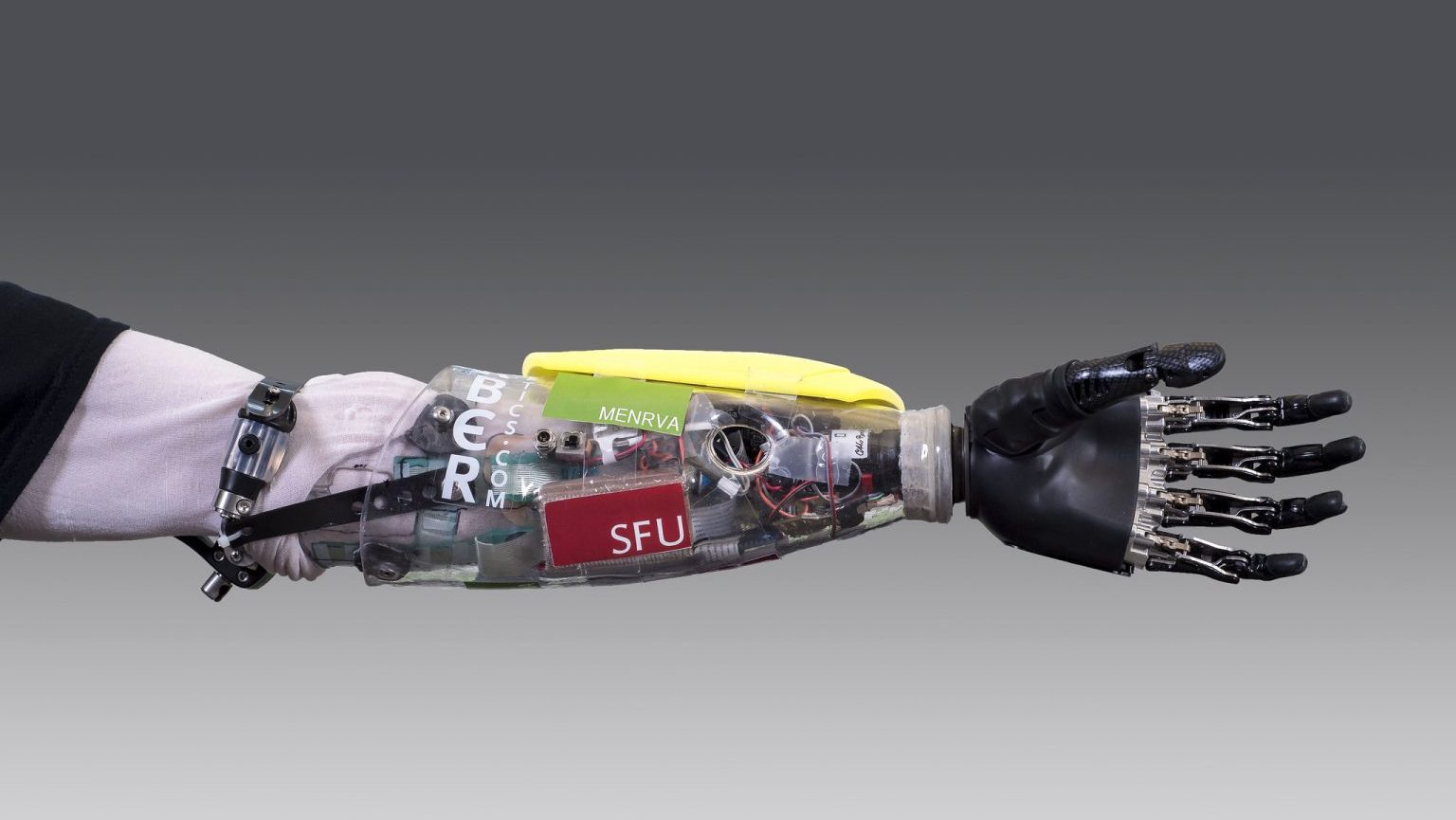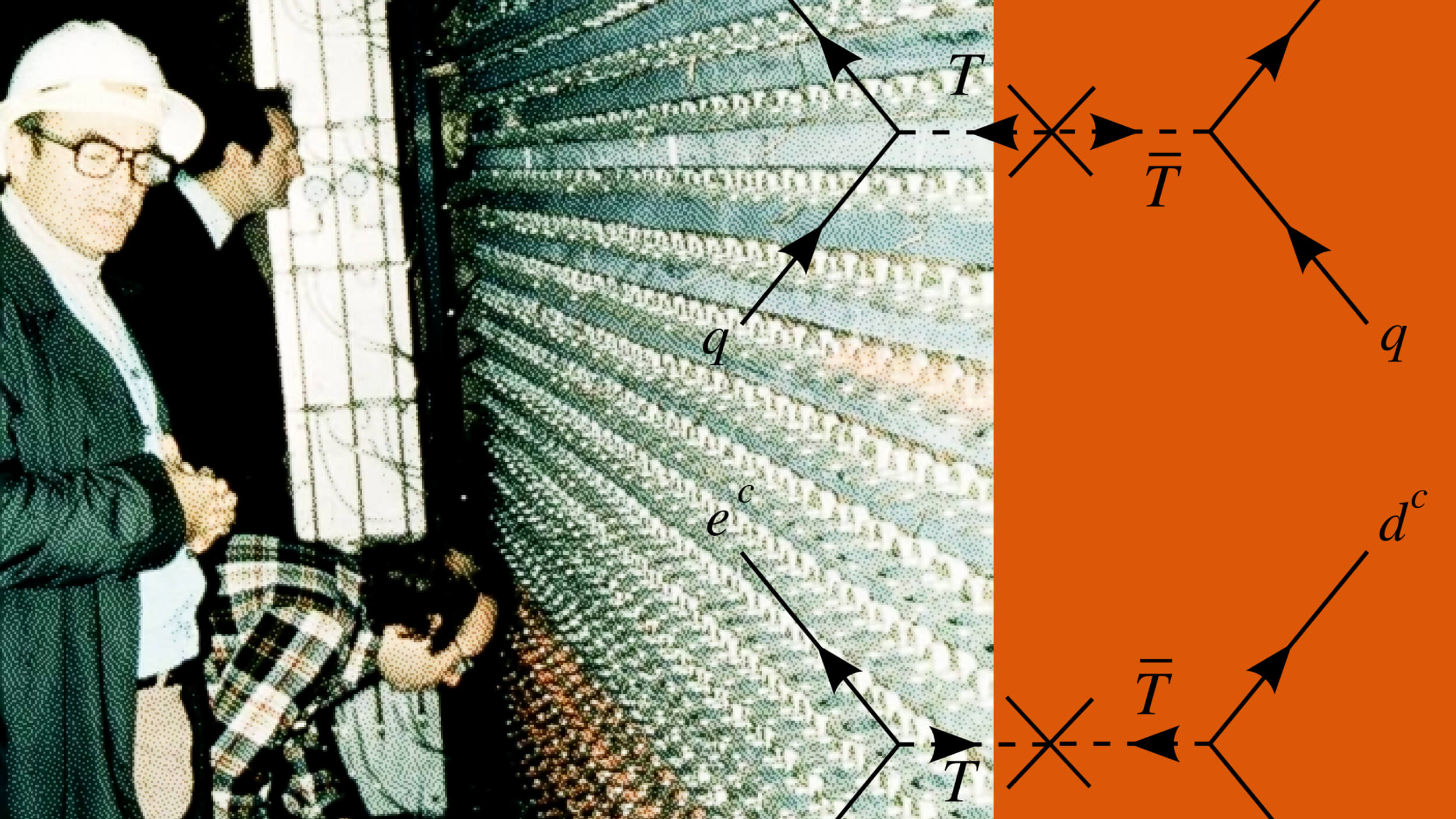Mubarak is gone, but the military is still there and will remain the most powerful player in that country for a long time.
Ian Bremmer: We should not go looking at Egypt as if it’s a successful revolution. It’s not. It’s a managed transition. Mubarak is gone. The military is still there and it will be the most powerful player in that country for a long time. There will be a democratically elected government and that’s a good thing. But it will be a weak government. It will have weak political parties. It will probably form weak coalitions that will have a very hard time actually getting meaningful political and economic reform done.
So is Egypt a success story? Well it’s not like Iran where the demonstrators were brutally repressed, but it’s also not like Georgia where you ended up with a complete shift of regime so great on the political economic and security front that the Russians invaded them a few years later. Now that my friends is a successful revolution. Egypt is a managed transition. It’s kind of right in between the two and in the United States the media, Time Magazine has faces of Egypt’s revolution and they look beautiful and they speak English and all that. It’s wonderful, but it doesn’t really reflect the reality on the ground of what has actually happened across the entirety of Egypt and as we move from the CNN to the C-Span phase of Egypt, which is the phase that nobody actually watches and it gets a little more boring, but where governance actually gets done we’re going to find that the transition in Egypt is a little less dramatic than what was being reported in the early days.






